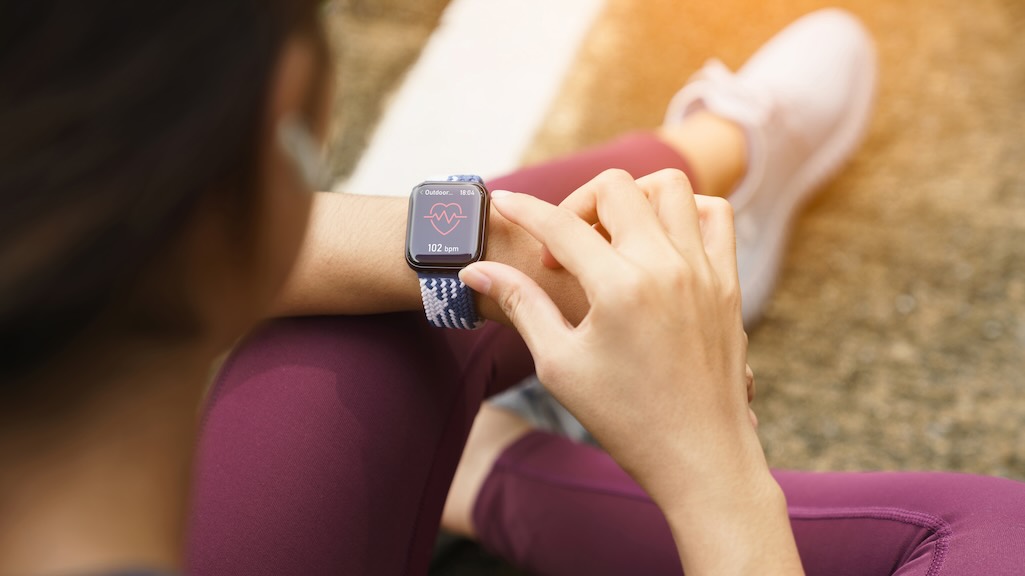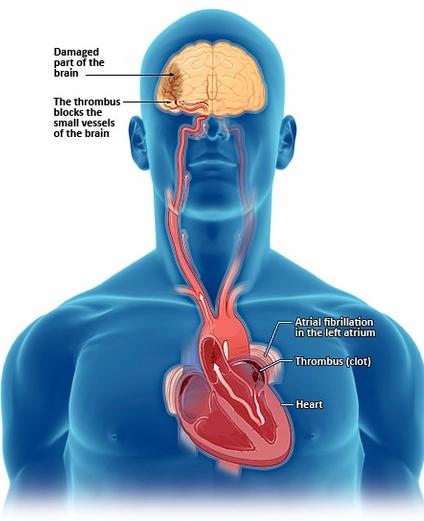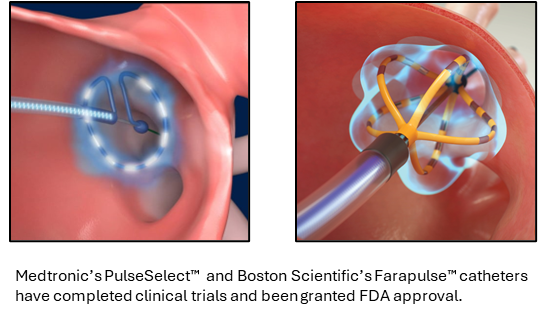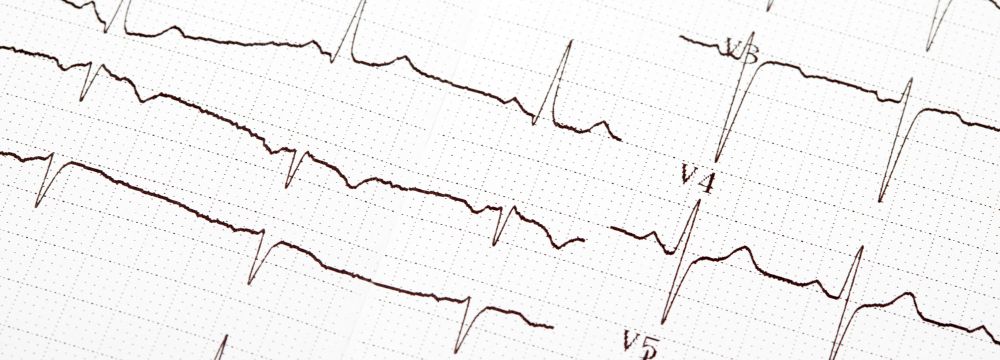Atrial Fibrillation
And now… the Apple watch.
The Apple Watch and other wearables are now able to monitor your heart rhythm. The Apple Watch can detect irregular heart rhythms, and if it does so 5 times, it will prompt you to record your rhythm. And in that way, it can also be used to diagnose atrial fibrillation.
What is the accuracy of the Apple watch?
Does that mean that if the Apple Watch says I have an irregular rhythm… that I have Afib?
The simple answer is… not always. The watch could be wrong. If it detects AFib, what is the chance you do have it?
The majority of people wearing an Apple Watch, have a very low risk of having atrial fibrillation – most owners are 55 or younger. In that group, the risk of having Afib is low. So, even if the apple watch is wrong only a small percent of time, what ends up happening is that the alerts by the watch will be wrong 45% of the time. This has been estimated by physician-scientist Sekar Kathiresan.
However, wearables are becoming more accurate, and particularly if you snap an EKG with it, the accuracy is high.
When I am evaluating a patient that had afib detected by the apple watch my first step is to analyze the tracings they have recorded. The quality is often good enough to confirm the diagnosis. Other tests may be requested to to improve the accuracy and understand how often you are having Afib.
How do you diagnose Afib?
Atrial fibrillation is diagnosed with an analysis of your heart rhythm, done with an ECG (electrocardiogram). This can be done in the clinic, using 10 electrodes for a 12-lead EKG or with monitors that you can take home. There are also implantable monitors, with batteries that last up to 3 years, that can help in some situations.
Rhythm monitors are very important tools for doctors to diagnose Afib, because many patients have episodes of Afib lasting minutes or hours (paroxysmal Afib), and when they see a doctor, they may be in normal rhythm. Therefore, using a monitor for a few days or even weeks (or years with implantable monitors) can help in the quick and appropriate diagnosis of Afib.
So, what should I do if my Apple Watch says I have an irregular heart rhythm?
- You should contact your primary care physician or cardiologist. Many patients will end up needing evaluation by an electrophysiologist, who is a cardiologist specialized in heart rhythm problems.
- The first step for most will be to use a patch monitor, which can record your heart rhythm continuously for weeks at a time. And it later can be analyzed for signs of Afib or other irregular heart rhythms. Some patients will need further testing, such as an echocardiogram or stress testing – but that decision is individualized.
- If you are diagnosed with atrial fibrillation, there are many treatment options today.
- My approach is to individualize the treatment to the patient’s goals.
- There are important steps to take for every patient to achieve the best results.
- At The Afib Clinic, our approach is to evaluate patients in an individualized manner, based on their risk of having Afib and strokes. Patients can be evaluated promptly at our Afib Clinic and some patients even chose to be seen from the comfort of their home, using telehealth.
- Get educated about this condition and the treatment options. We have a lot of resources in this website to help. As a suggestion, you could start by reading the following pages:
If you would like to learn more about Afib, please check out our website and feel free to contact us to schedule an online or in-person evaluation.
Jose Osorio, MD
Miami, FL
1-855-444-AFIB
Other Posts:
AFib Ablation: Advanced Atrial Fibrillation Treatment in Miami | The AFib Clinic









